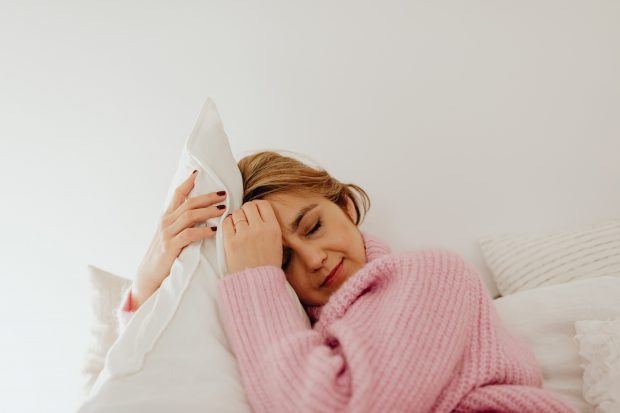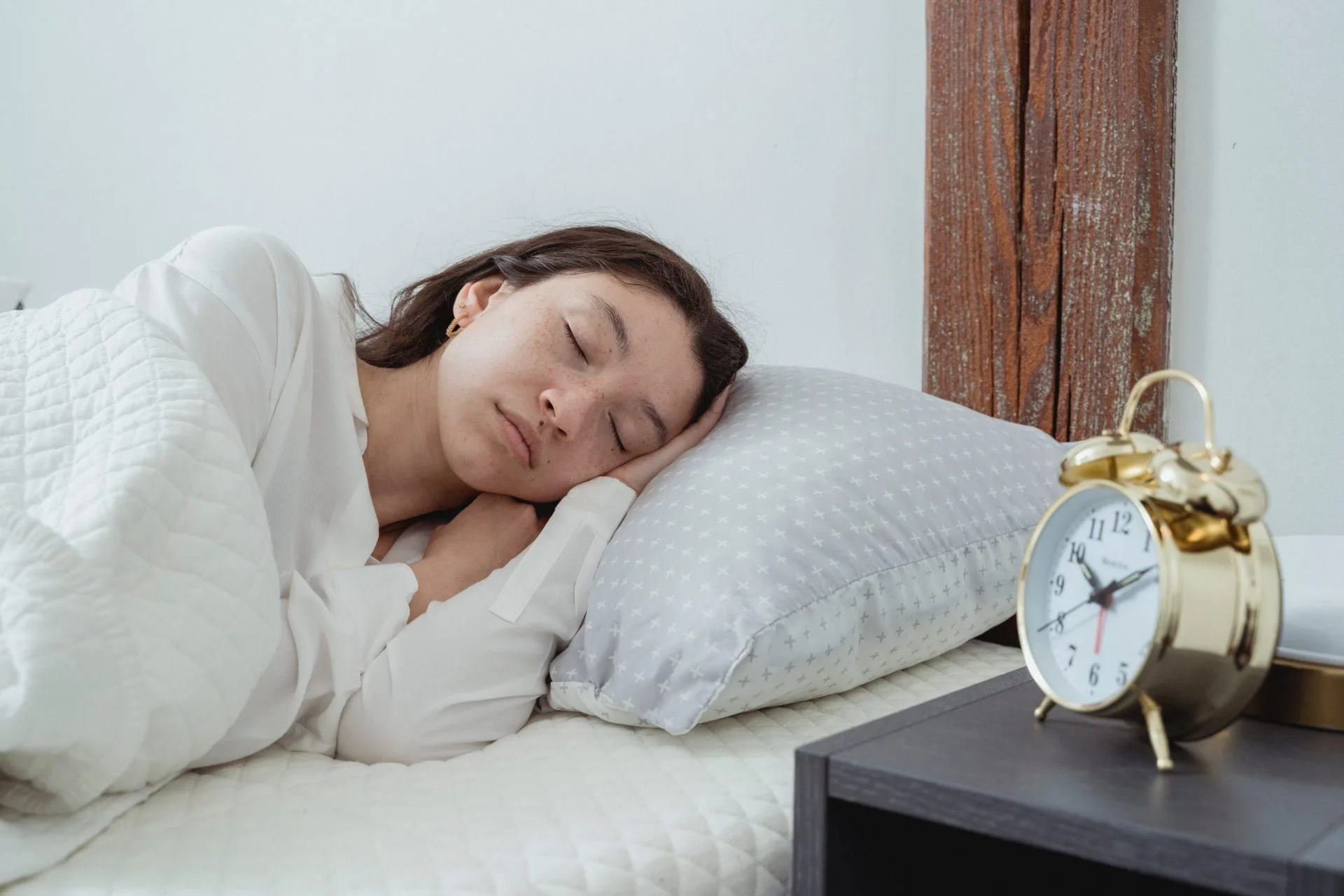Approximately one-third of human life is spent sleeping. This analysis proves that sleep is an integral part of our daily lives. In fact, getting quality and adequate sleep is as important as eating a healthy and balanced diet. Therefore, everyone must make sleep a necessity and priority. The most important thing you need to do is buy an affordable quality mattress that comfortably supports the body, allowing you to slip into sleep easily. Longevity Live Paid Post.
Maintaining A Healthy Weight

Photo by Mikhail Nilov
Quality sleep is instrumental in maintaining a healthy weight. Many resources have proved that inadequate sleep (sleeping for less than 7 hours) can increase the risk of gaining a higher body mass index and increased weight. According to a study conducted in 2020, adults who sleep fewer than 7 hours have a 41% risk of becoming obese.
Besides, sleep deprivation is said to increase the production of ghrelin hormones and reduce leptin hormone production, leading to overeating.
Sleep deprivation also results in low energy, causing you to turn to other energy sources. In most cases, you will find yourself consuming calorie-dense foods to cater to your energy needs. These alternatives eventually lead to unhealthy weight gain. Lastly, feeling unenergized after little sleep can make you lose motivation for your daily exercise or hitting the gym to keep fit.
Therefore, if you struggle to maintain healthy body weight, your solution might lie in improving sleep quality.
Improved Productivity and Performance
Some brain functions are heavily reliant on sleep and relaxation. Thus, sleep deprivation adversely affects performance, cognition, concentration, and productivity. According to recent research, academic performance in children, teenagers, and young adults improves as they get enough sleep.

Photo by Karolina Grabowska
Quality sleep is also essential for improved memory performance and problem-solving skills in both children and adults. Also, adequate sleep can help reduce errors and impaired judgment, thereby boosting performance.
Improve heart health
Scientific studies show that sleeping for less than 7 hours contributes to a 13% increased risk of heart disease and death. Another study also found that people who sleep less than 5 hours are 61% more vulnerable to high blood pressure than those who sleep for 7 hours.
While you are sleeping, your blood pressure goes down, easing the work of the heart and the blood vessels. Therefore, if you sleep less, your blood pressure stays up for a longer period. As a result, you have an increased risk of heart disease.
Boost your mental health with enough quality sleep
Sleep aids in body and mind relaxation and recovery after the day’s activities. Hence, failing to get enough sleep can result in the release of stress hormones which worsen mental health. Some studies have found that most people who suffer anxiety and depression have lower sleep scores than those who do not suffer these conditions. Thus, it is evident that mental health issues ranging from anxiety to depression are also strongly linked with sleep disorders and sleep deprivation.
Poor sleep can also result in poor emotional regulation. Moreover, tiredness can make it hard to regulate the behaviors and emotions we portray in front of others. Sleep deprivation can cause withdrawal from social settings and result in loneliness, which further accelerates mental disorders.
Reducing Type II Diabetes Risk
Sleep deprivation results in insulin resistance, where the body cannot utilize the insulin hormone properly. Disturbed sleep also decreases insulin sensitivity, increases the release of hunger hormones, and increases inflammation. Consequently, sleeping for shorter hours increases the risk of Type II Diabetes. In support of this analysis, a 2016 study found that people who sleep fewer than 5 hours have a 48% increased vulnerability of acquiring Type II Diabetes.
Reducing Inflammations
Proper regulation of the central nervous system is reliant on sleep. It especially helps in the regulation of stress response systems. Poor sleep activates the inflammatory signaling pathways, causing inflammation. With time, persistent chronic inflammation results in the development of chronic illnesses such as ulcers, obesity, cancer, diabetes, and depression.
Getting wind of the benefits of sleep can be quite unnerving, especially if you already have trouble sleeping. Luckily, making simple adjustments in your life can improve your chances of sleeping better.
You can start by setting a routine for when to sleep, wake up, and ensure that you stick to it.

Photo by Karolina Grabowska from Pexels
Another thing you need to do is to avoid eating just before going to bed. It can reduce the discomforts that make it hard for you to fall asleep. Maintaining lower temperatures and reducing the light levels in your bedroom can also improve the quality of sleep.
Investing in an affordable mattress that is also eco-friendly will also go a long way in ensuring that you sleep better and for longer. However, if you have tried most of these suggestions and nothing seems to be working, you may need to see a physician.





![women [longevity live]](https://longevitylive.com/wp-content/uploads/2020/01/photo-of-women-walking-down-the-street-1116984-100x100.jpg)









